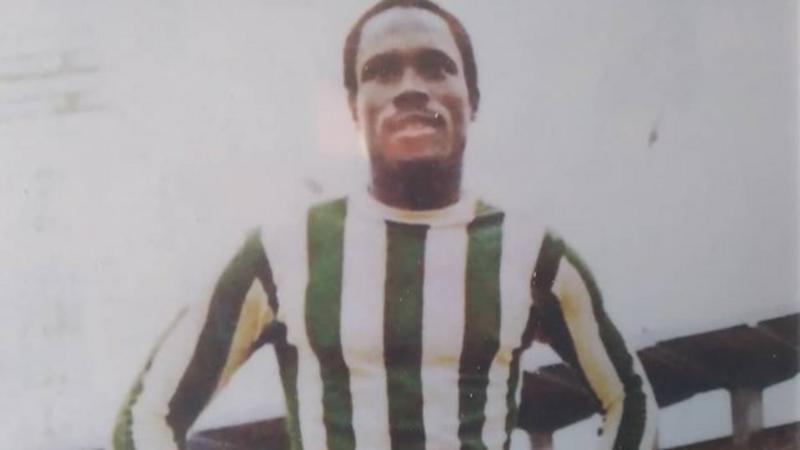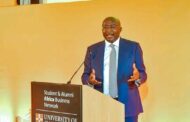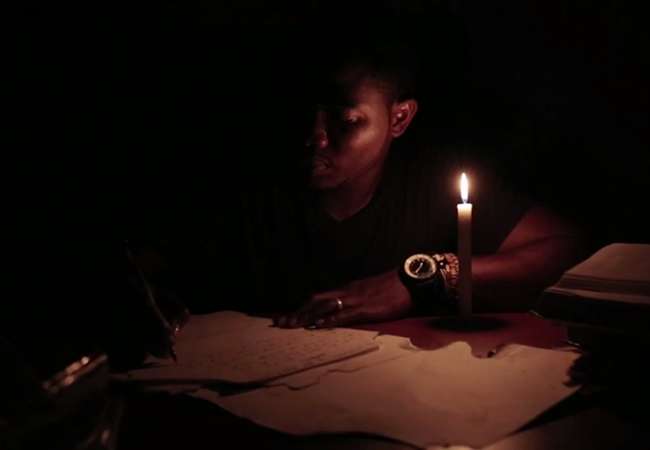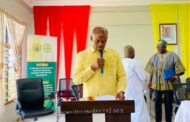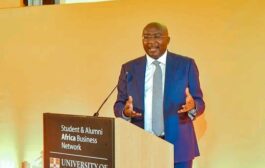When Cherif Souleymane travelled from Guinea to East Germany to study architecture in 1962, the then 17-year-old had no idea that within a year he would be reshaping East German football.
Nor that he would become the first Guinean to play overseas, and one of the first Africans too.
Today considered one of his country’s greats, he had travelled behind the Iron Curtain through an exchange program with East Germany, then a communist country with close links to the Soviet Union.
“I went to study architecture on a government scholarship, not to join a club,” he told BBC Sport Africa.
Yet he soon found himself playing in the country’s second tier after his talents were spotted while playing for his university side in Neubrandenburg, some 130 kilometres north of Berlin.
“The coach for the local Neubrandenburg sports club then asked me if I could join and I said yes.”
Pretty soon, he felt he was representing the black race out on the pitch.
“I was the only black player in the whole of East Germany at the time and I was proud about it – I felt exceptional,” said Souleymane, who celebrates his 77th birthday on Wednesday.
Guinea’s only-ever winner of the African Footballer of the Year award enjoyed a good time with the small-town club, where he was well-known in the community – loved by the fans for both his skill and ability to score goals.
His prowess as a striker helped Neubrandenburg to get promoted to East Germany’s top flight, but he was swiftly forced to leave as foreigners were barred from the ‘DDR-Oberliga’ at the time.
“I spent two seasons with Neubrandenburg and scored lots of goals,” he said.
“The first season we finished 12th and I finished as top scorer, and the following year I helped the team to win the league.”
“I then left to join rival club Neustrelitz, where I spent a season and we finished second in the league.”
‘Children touched me to see if I had coal on my skin’
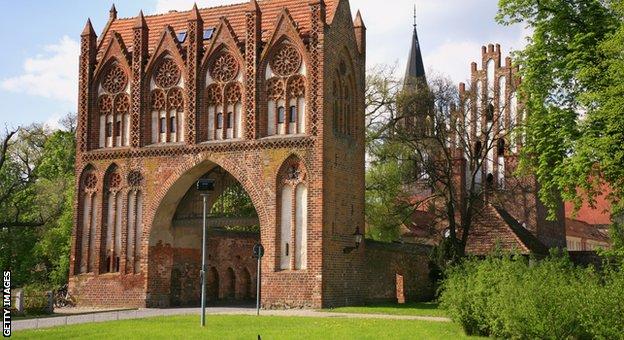
Yet all was not smooth for Souleymane as he claims he faced racism during his time in the country, despite being largely accepted by his small community.
However, he did not allow it to affect him, he says.
“I was very good and composed even though it was normal for opposition supporters to direct racist chants at me,” he said.
“The problem was I was in a city where they hardly saw a black person. Some were asking me where I learnt to play football, because they didn’t believe that it was a black player scoring goals.
“In fact children were touching my body to see if I had coal on my skin, to prove that I’m a black man.
“But I enjoyed playing there because I was well-known in the city and loved by many people because I was a good player. The mayor of Neubrandenburg once invited me for dinner.
“I was young but it was a good experience as I never allowed myself to be affected. That was why I kept scoring.”
Souleymane played in East Germany for three years before returning home to Hafia Conakry, where he became an African superstar.
Club glory, Guinea regret
Souleymane’s East German career ended after he was called up by Guinea for the first time to contest All-African Games qualifying in Ivory Coast in 1965.
Instead of returning to Europe afterwards, he went back to the Guinean capital Conakry on the demands of the country’s authorities.
“That was how my studies and football career in the European country ended,” he said.
“I regret that I didn’t complete my studies in East Germany. I even enrolled in a university in Conakry afterwards but also didn’t finish.”
However, Souleymane’s return to Guinea paved the way for a glittering chapter in his career that saw him win both trophies and individual awards.
He spent the rest of his career at Hafia, becoming part of a golden generation which made the club not only Guinea’s most successful but also Africa’s best in the 1970s.
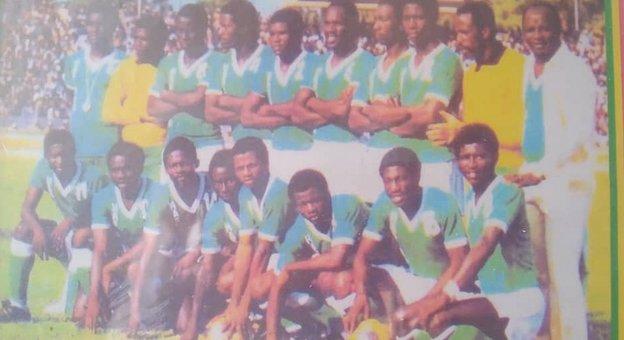
The versatile player, who started as a striker before dropping into midfield and finishing as a defender, was regarded as the star man because of his ability to score and create goals, his clear passes and his clever manoeuvres.
As a centre forward in the early 1970s, he formed a deadly and irresistible partnership with Petit Sory and N’Jo Lea.
The trio helped Hafia to five finals of the African Club Champions Cup – the forerunner of today’s African Champions League – and three continental titles in 1972, 1975 and 1977.
In the first triumph, he scoed in both legs of the final against Ugandans Simba to finish as the club’s top scorer in the competition with four goals.
That achievement helped him win France Football’s African Footballer of the Year award in 1972.
“Winning the Ballon d’Or was a special moment for me, my country and my team-mates,” he said. “It put us on the football map of the continent.”
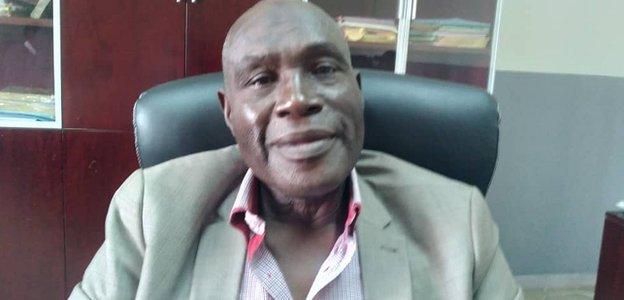
Souleymane was selected as Guinea’s player of the 20th century, having helped the national team qualify for their first Africa Cup of Nations in 1970 and then again in 1974 and 1976.
He played in all three tournaments as Syli Nationale finished as runners-up in 1976, their best finish at a Nations Cup.
Yet Guinea squandered a lead in the dying minutes of their final game against Morocco, drawing 1-1 to miss out on the only Nations Cup title decided by a group format, and not a final.
Souleymane still calls it the “worst moment” of his career.
“We needed to defeat Morocco to win the trophy and we came very close,” he said. “I played in defence that day, and scored to give us the lead.
“We were leading 1-0 until five minutes before full time, when the Moroccans equalised to win the tournament on points.”
He officially retired in 1980, as a player whose stage started behind the Iron Curtain bowed out amidst accolades aplenty.
Source: BBC



